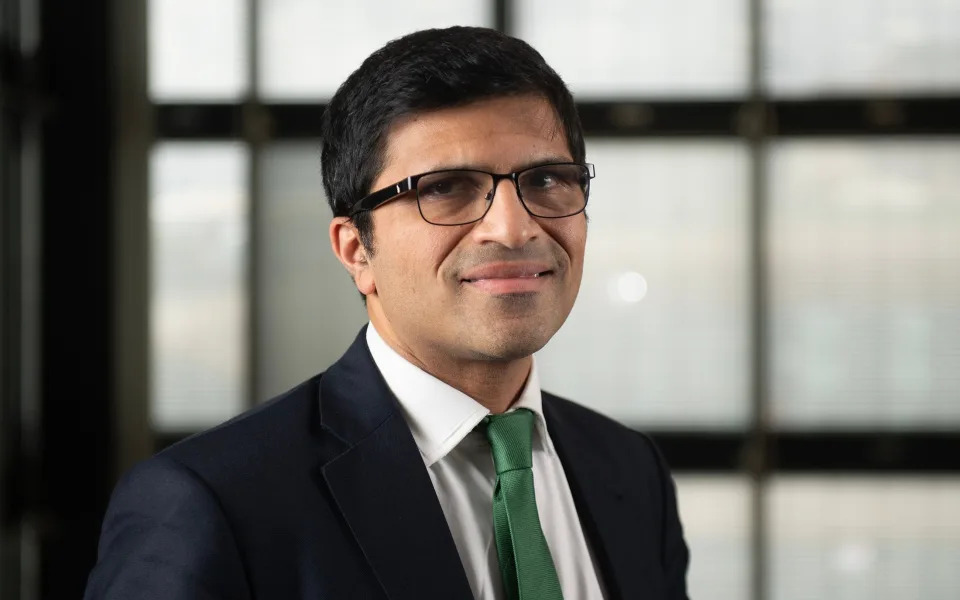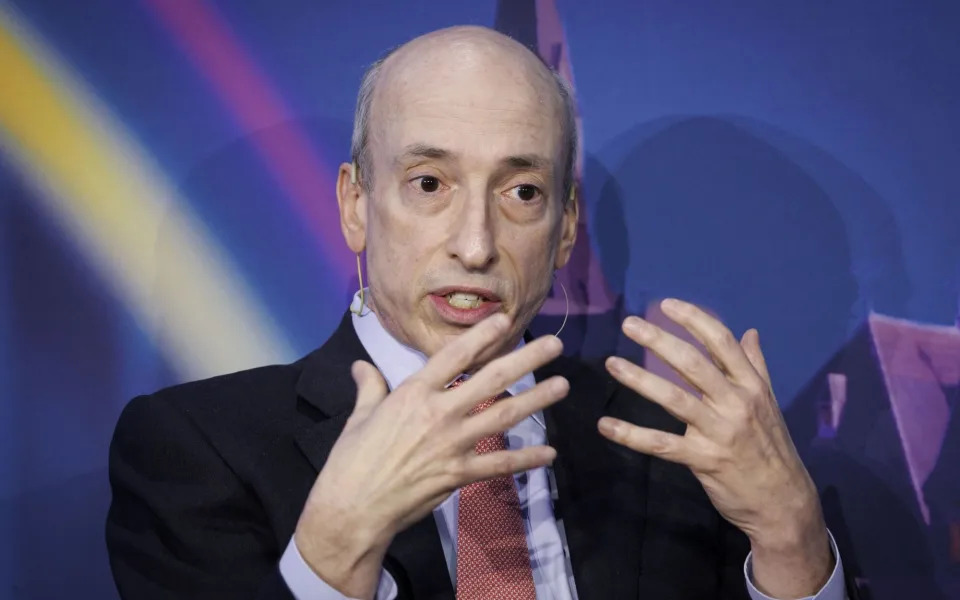Adam Mawardi
Fri, 24 November 2023

kpmg office
KPMG has frozen the salaries for 12,000 workers across the UK as “Big Four” firms continue to grapple with the sharp slowdown in the deals market.
The accountant reportedly told staff that it will only give pay rises to those who were promoted this year.
The pay freeze hits thousands of workers who had been eligible for pay rises after moving into a higher seniority rank without receiving an official promotion.
More than half of KPMG’s partners, who were paid an average of £717,000 last year, will avoid the pay freeze as they receive a share of company profits instead of a salary.
The professional services firm, which employs 17,000 in the UK, will also slash bonuses, the Financial Times first reported.
A KPMG spokesman said: “To attract and retain the best talent, we benchmark our salaries each year to remain competitive and we continue to invest in our people. In light of softened market demand this year, any pay increases have prioritised those who have been promoted.
“We will be rewarding eligible colleagues for their efforts this year with a bonus. However, reflecting the challenging economic and market environment, this will be lower than in previous years.”
The cost-cutting measures will reportedly see those in KPMG’s tax and legal division, made up of 2,900 employees, receive only 55pc of their potential bonuses.
Bosses in KPMG’s company’s tax and legal business blamed the pay freeze on ongoing “market uncertainty” in a pre-recorded video message reportedly sent to staff earlier this month, after the division failed to meet revenue expectations for 2023.
It is understood that the pay freeze will not target the 3,000 graduates and apprentices employed by KPMG.
It comes as a slowdown in advisory work has left Big Four accountants overstaffed, with clients cancelling projects and demanding lower fees.
KPMG has already begun cutting hundreds of jobs in its UK deal-making and consulting divisions, and last month internally announced a pay freeze for advisory teams.
Meanwhile, KPMG last month unveiled plans to merge its UK consulting and deal advisory divisions to create a new practice called Advisory.
It follows similar moves by rivals Deloitte, EY and PwC, which have each launched redundancy rounds targeting hundreds of staff in their advisory and consulting businesses.











